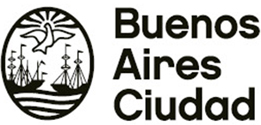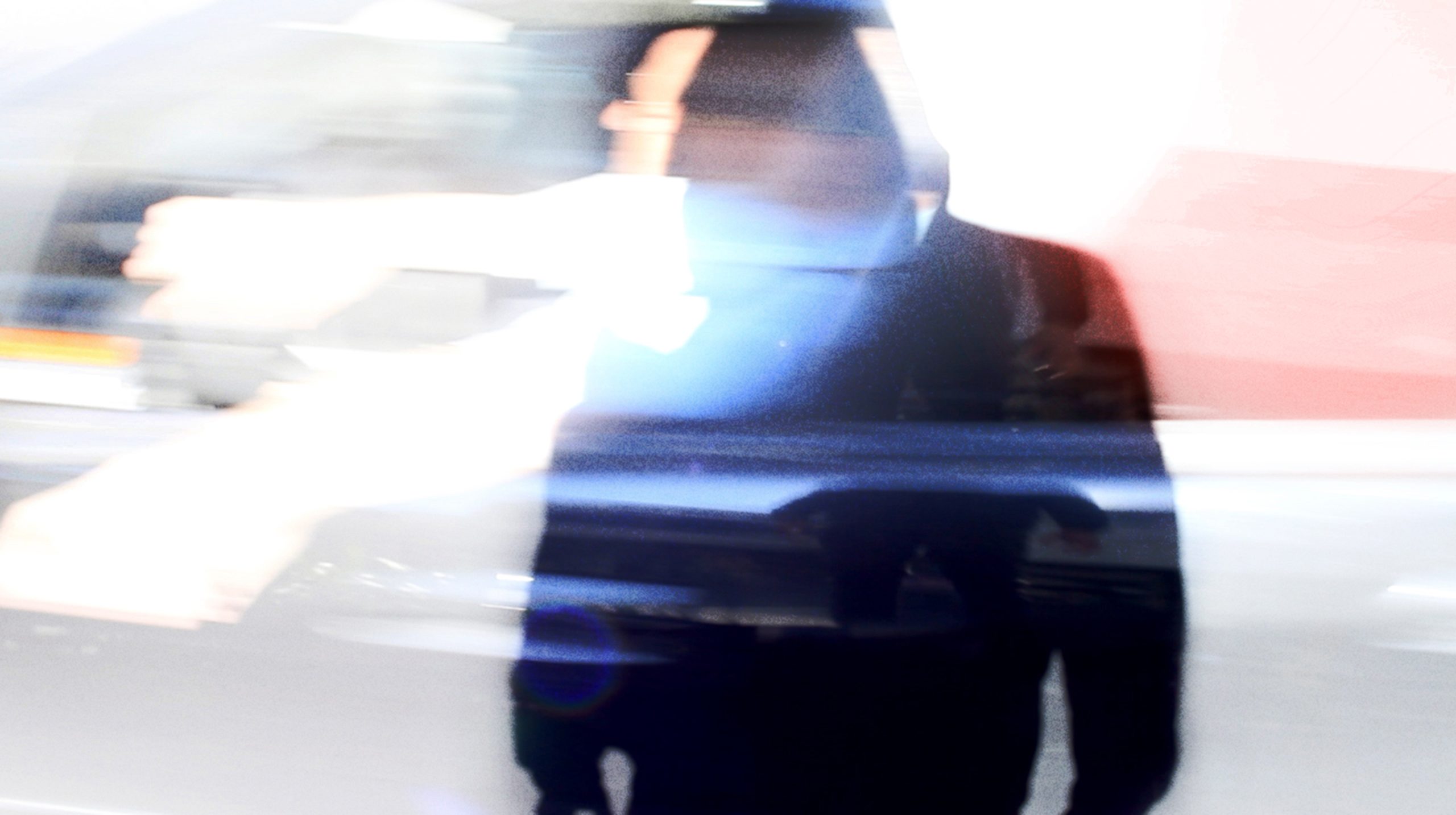Maglione brings to the exhibition room exercises carried out in the street and in open spaces that break the usual codes of use of the city. With videos, photographs, drawings, texts, assemblages of objects and mixed techniques on paper or cardboard, the artist presents a dislocated, psychedelic and punk-spirited experience of the urban.
In his videos, Maglione cedes the creation of images to contact between himself, the camera and the environment in experimental sessions without a priori script that, in general, have him as performer, protagonist and cameraman. Part of a procedure or a slogan that is simple and broad enough to become a trap for chance.
The camera that records the development of that pattern is often embedded in the middle of the artist’s chest. Sometimes, that body-camera advances over the image as if it were unwinding the thread of the action it records. Other times, he is lurking and the image of the city washes over him.
In these videos, the artist’s body has a forceful presence, but at the same time, hidden in the comforting anonymity of urban life. It usually appears from his shadow, his reflection or his voice. In some pieces he maintains the direct sound of the take and, in others, he uses foley and voice-over.
Several of Maglione’s works investigate the question of light as a portal to the image. The artist captures shapes, burns and silhouettes made by the sun and the artificial lights in the city as if they were drawings without an author. He is also interested and introduces tattoos, graffiti and other hidden designs into the urban fabric.
Maglione’s production brings together the impressions of a walker with the unorthodox archive of a collector of waste found on the side of the cordon: rusty can, lost jeans, crushed coin, broken umbrella, feather in the wind. Rather than things that have lost their reason for being, these objects are the record of a state of vulnerability or the documentation of a process done on the street. In his work, Maglione seems to be torn between the mandate to assume public space as his own and the disappointment of finding it lacking in guarantees. The pieces, even those he makes inside the workshop, exude the elements.


 Maglione Tomás
Maglione Tomás